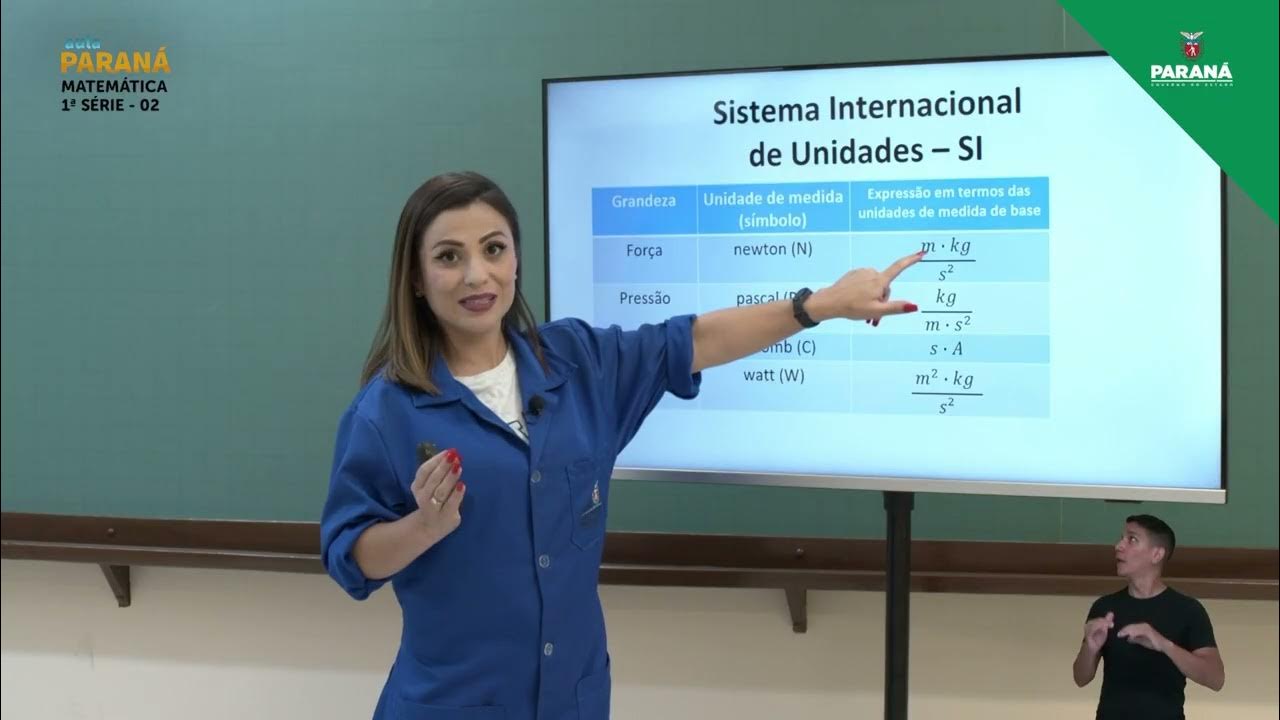Fungsi perencanaan dalam proses manajemen pendidikan
Summary
TLDRIn this video, M. Sobry Sutikno discusses the importance of planning in the management process, especially in education. He explains various definitions of planning from experts like Burhanuddin, Sondang P. Siagian, and Roger. The video highlights the key criteria for good planning, such as clear goals, understanding of the purpose, and determining methods and responsibilities. It also outlines the steps involved in planning, including goal-setting, problem analysis, data collection, and defining actions. Additionally, the video covers common obstacles to effective planning, such as financial difficulties and unclear objectives.
Takeaways
- 😀 Planning is a systematic activity that involves setting goals, determining actions, methods, and resources to achieve those goals.
- 😀 Good planning requires careful thought and consideration about the future to ensure actions are aligned with desired outcomes.
- 😀 According to experts, planning is a process of determining objectives and how to efficiently achieve them using available resources.
- 😀 Planning must be done before taking action to avoid failure, as failure to plan is planning to fail.
- 😀 A well-structured plan must answer the 5W1H questions: What, Why, Where, When, Who, and How.
- 😀 The 5W1H approach ensures that a plan is comprehensive and covers all aspects of the project, from goals to execution.
- 😀 The process of planning includes determining goals, analyzing problems, gathering data, defining actions, and monitoring the implementation.
- 😀 Setting clear, achievable goals is essential for effective planning, as unclear objectives hinder the planning process.
- 😀 Financial constraints, lack of data, and uncertainty about the future can act as obstacles when making plans.
- 😀 Overcoming challenges in planning requires a detailed approach, proper resources, and a clear understanding of objectives and responsibilities.
Q & A
What is the definition of planning according to Burhanuddin and colleagues?
-According to Burhanuddin and colleagues, planning is a systematic activity that involves determining what will be achieved, the activities to be carried out, the methods to be used, the necessary personnel, and the steps required to reach the goals.
How does Sondang P. Siagian define planning?
-Sondang P. Siagian defines planning as a comprehensive process of thinking and careful determination of tasks to be carried out in the future to achieve pre-established objectives.
What is Roger's definition of planning?
-Roger defines planning as the process of setting goals or targets to be achieved and determining the paths and resources required to reach those goals as effectively and efficiently as possible.
Why is planning considered important in management?
-Planning is essential because it sets the foundation for action by determining the necessary steps and resources needed to achieve goals. Without proper planning, activities are likely to fail or not meet expectations.
What is the key quote shared in the transcript about planning?
-The key quote shared is, 'Wrong planning means planning for failure.' This emphasizes the importance of effective and accurate planning to avoid failure.
What are the 5Ws and 1H criteria for good planning?
-The 5Ws and 1H criteria for good planning are: 1) What – the goals and activities to be done, 2) Why – the reasons for carrying out the activities, 3) Where – the location where activities will take place, 4) When – the time frame for completion, 5) Who – the people responsible for the tasks, and 6) How – the methods and systems to be used.
What is the first step in the planning process?
-The first step in the planning process is to determine and formulate the goals that need to be achieved.
Why is collecting data and information important in the planning process?
-Collecting data and information is crucial because it provides the necessary insights and details needed to develop a well-informed plan and ensure all aspects of the plan are realistic and achievable.
What are some of the obstacles faced when making a plan?
-Some obstacles include difficulties in forecasting the future, challenges in securing funding, difficulties in obtaining accurate data, and unclear goals or problem definitions that make planning difficult.
How does unclear goals affect planning?
-Unclear goals can hinder the planning process by making it difficult to identify the right actions and determine the steps needed. Without clear goals, the planning process lacks direction and purpose.
Outlines

此内容仅限付费用户访问。 请升级后访问。
立即升级Mindmap

此内容仅限付费用户访问。 请升级后访问。
立即升级Keywords

此内容仅限付费用户访问。 请升级后访问。
立即升级Highlights

此内容仅限付费用户访问。 请升级后访问。
立即升级Transcripts

此内容仅限付费用户访问。 请升级后访问。
立即升级浏览更多相关视频

Besaran Turunan

AP Physics 1: Kinematics 17: Projectile Part 2: Shot at an Angle (Symmetric)

Mergers and Acquisitions (With Real-World Examples) | From A Business Professor

How to develop a Monitoring and Evaluation Framework | M&E Daily with COACH ALEXANDER

10. Mergers and Acquisitions M&A in Investment Banking

2022 | Resumo da Aula | 1ª Série | Matemática | Aula 2 - Sistema Internacional de Unidades (SI) II

Mergers and Acquisitions Explained: A Crash Course on M&A
5.0 / 5 (0 votes)
